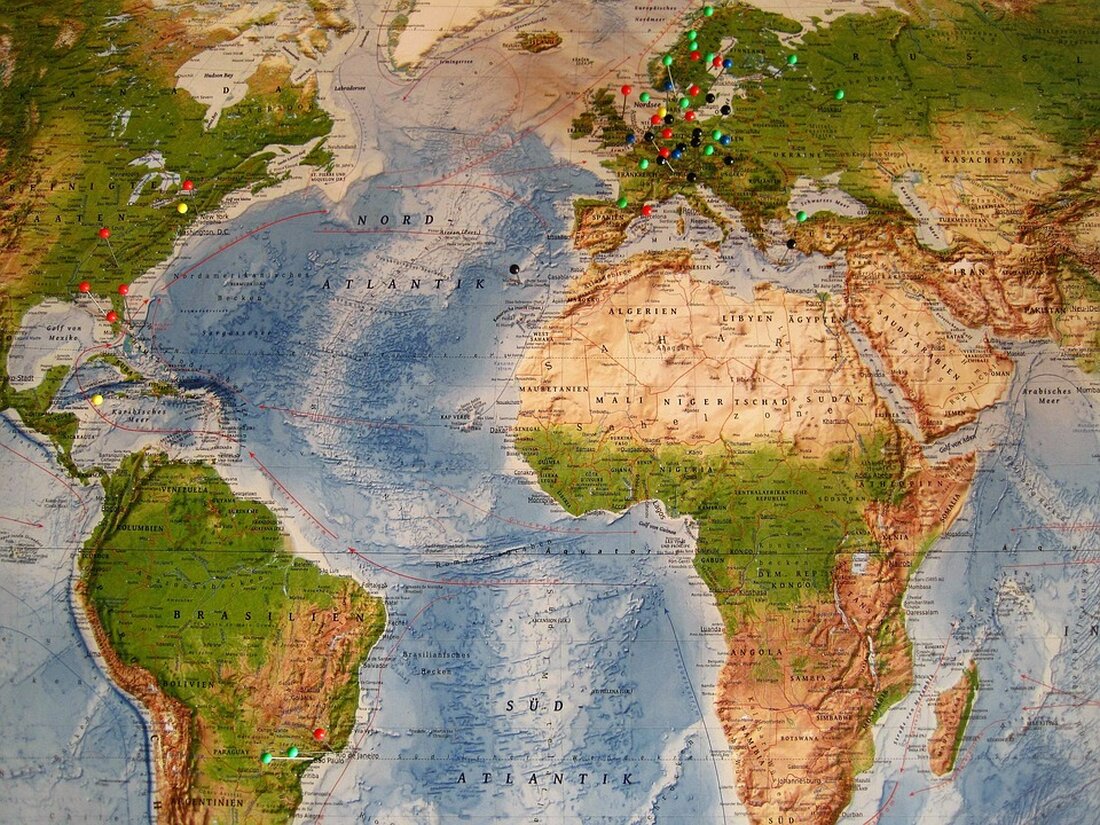Online trade has been experiencing first market growth in two years, but political uncertainties slow down consumption
Online trade has been experiencing first market growth in two years, but political uncertainties slow down consumption
e-commerce turns from the minus
in the middle of the yearThe first positive signals of the beginning of the year are confirmed: in online trading with goods there was a small increase in sales of 0.2 percent compared to the previous year from April to June. This is the first growth in two years. In the first half of the year, however, sales are still 1.2 percent below the previous year's value.
The sales with digital services, which include travel bookings and ticket purchases, rose by 4.2 percent in the second quarter and 8.4 percent in half -year.
Martin Groß-Albenhausen, deputy general manager of the BEVH, classifies the results: "We see the beginnings of normalization on the market. The income has overcome the inflation of recent years and are now affecting a lower inflation rate. Nevertheless, it is too early to explain the end of the consumer crisis. Braking growth.
According to a sample among BEVH members, the B2C online trade has increased in sales by more than 1.5 percent since the beginning of the year. The negative trend of the first quarter has turned into the positive in the middle of the year.
Some homemade problems slow down. Almost half of the respondents believe that German and European legislation holds back companies. 42 percent see possible growth through planned regulatory measures.
German companies are less concerned about the direct negative influence of Asian platforms on their business, but 54.2 percent believe that the lack of enforcement of EU law against providers from third countries endangers their competitiveness.
In the first quarter, sales in 14 shopping categories declined, while in the second quarter 12 of the 19 categories were able to grow growth. The fashion trade and goods of daily needs in particular have set strong impulses. Food orders recorded the strongest sales growth.The Cluster Furniture (furniture, home textiles, household appliances) also recorded a significant upswing after a weak start of the year. Luxury expenses for watches and jewelry that had declined since the Ukrainkrainkrieg outbreak was added again compared to the previous year.
Currently, the recovery in e-commerce is primarily supported by marketplaces that grew by 2.3 percent in the second quarter. You have a market share of 55.0 percent. Online shops are increasingly opening up to manufacturers and other retailers as sales partners and develop into marketplaces.
However, the manufacturer senders and multichannel retailers have a decline in sales over their own sales channels. Online shops remain almost unchanged.


Kommentare (0)